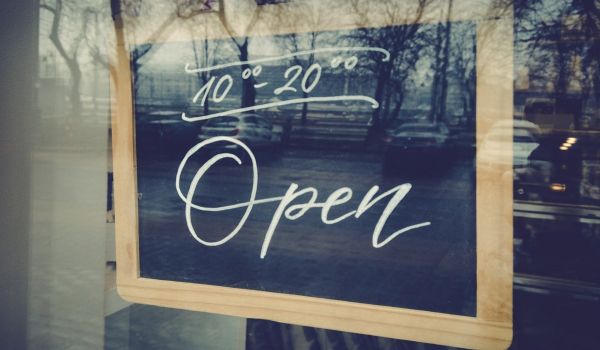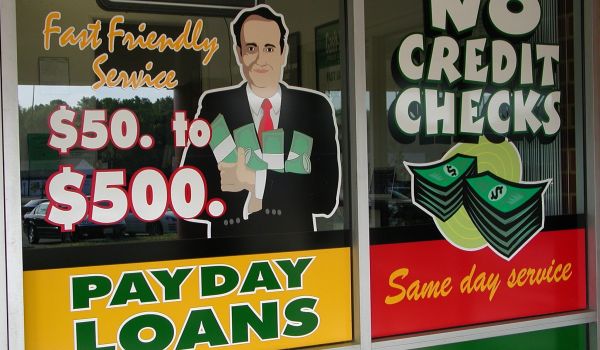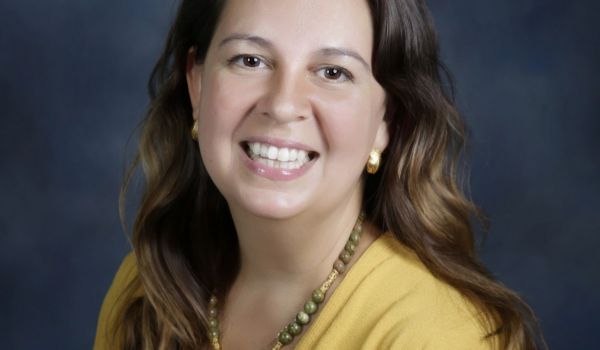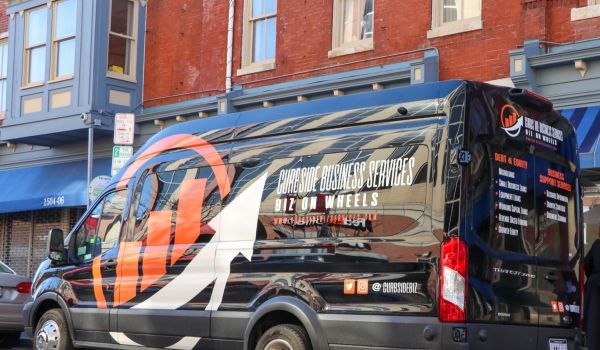Teri Williams has been thinking a lot recently about the connections, or the lack thereof, between small business lending and Black neighborhoods. As the chief operating officer of OneUnited Bank, the largest Black-owned bank in the country, her clients are a constant reminder.
The first place people go for a small business loan is often their bank. But until recently, Williams hasn’t had a formal way to offer her clients small business loans, which OneUnited stopped offering around two decades ago.
“We lost our shirts,” Williams says. “We realized that this was not an area that we had the expertise in, so we focused on real estate secured lending, but we knew that there was a need for this type of business loan.”
Even with that limitation, OneUnited has seen a lot of growth in customers over the past few years, going from around 17,000 deposit accounts in 2016 to nearly 80,000 as of 2022. The bank has branches in the Los Angeles area, Miami and its original home of Boston, but Williams says most of its new customers have come via online channels, scattered across the country. And many OneUnited clients do ask about small business loans — Black women especially, who are more likely to start their own business than other demographics, according to the Harvard Business Review.
Now, through a new partnership with Black-led financial technology company Lendistry, OneUnited, and potentially other Black-owned banks, will be able to offer those clients access to small business loans. The effects could be far-reaching, especially for women and people of color, who in general still have more difficulty accessing small business loans than white men.
For some useful perspective, consider the Small Business Administration’s 7(a) loan-guarantee program. Though it represents just a small slice of all small business lending across the country, the 7(a) program supports loans made primarily through the same banks and credit unions that provide all small business loans. The 7(a) loan guarantees are supposed to incentivize banks to make small business loans to people who might not qualify otherwise. But out of $36 billion in small business loans the 7(a) program supported in fiscal year 2021, just $956 million — or 3% — of all SBA 7(a) lending went to Black-owned businesses, according to SBA data. That percentage is on par with pre-COVID years.
The effects ripple across Black neighborhoods. Black-owned businesses are more likely than white-owned businesses to hire Black workers, but because they don’t have the same access to credit, they can’t grow as much or as quickly. It also means Black-owned businesses can’t hire as many workers as they would if access to credit were equal. So in city after city, Black-owned businesses are smaller in terms of average revenue and have fewer employees on average than white-owned businesses, according to U.S. Census Bureau data. Lower employer demand for Black workers means reduced bargaining power and thus lower wages for Black workers. Lower wages for Black workers relative to white workers means it’s harder to afford rent, food and other basic necessities, harder to save up to buy a home or pay for higher education.
There are many other variables affecting income disparities for Black versus white workers, of course, but small business lending disparity does factor into it. Equal access to credit would help close the gap between white-owned and Black-owned businesses, creating more wealth for Black business owners and at the same time generating more demand and therefore more bargaining power for Black workers.
The new partnership between OneUnited and Lendistry wants to model what it looks like to combine the trust in Black-owned or Black-led institutions with financial technology to make the loan application process easier and less intimidating. They’re also harnessing the power of government-guaranteed lending that has long been quietly giving a consistent boost almost exclusively to white workers and their neighborhoods.
“A lot of online lenders have come to us and wanted to partner on small business lending, and until now we’ve always said no,” Williams says. “In the end, we only wanted to do something with an institution that we know actually does have our community’s back.”
The pandemic helped forge the partnership. Williams first met Lendistry co-founder and CEO Everett Sands before COVID-19. In a foreshadowing of what was to come, they met on a video chat when the Consumer Financial Protection Bureau invited Williams and Sands to participate in an online discussion about lending partnerships in support of smaller dollar loans. When COVID hit, and the scramble ensued to help small businesses cope with the shutdowns and other economic turmoil, Williams was one of the many in Black communities whose worst fears were realized — Black businesses were hit the hardest, but the Paycheck Protection Program, the federal government’s primary tool to support small businesses, wasn’t reaching them.
Lendistry was one of a few dozen SBA lenders at the start of the pandemic who were initially locked out of the Paycheck Protection Program. The financial technology or fintech company was one of a select group of mission-driven non-bank lenders who had access to 7(a) loan guarantees for loans up to $250,000 as part of the SBA’s Community Advantage Program, intended to reach communities the agency hasn’t done a great job reaching. But in order to be eligible to make Paycheck Protection Program loans, the SBA’s initial rules for the program required non-bank SBA lenders to have made a certain dollar volume of SBA loans over the previous three years leading up to the pandemic. No Community Advantage lender qualified under those rules.
After much uproar over the initial lack of Paycheck Protection Program loans going to small businesses owned by people of color or women, the SBA relaxed its initial rules. Lendistry eventually rose to become the eighth-ranked lender nationally under the Paycheck Protection Program for 2021, making 245,894 loans at an average loan size of just $19,233. Allowing Lendistry and other mission-driven lenders to do more Paycheck Protection loans significantly increased the program’s reach to underserved populations, according to a GAO report.
Lendistry also took on the task of managing multi-hundred-million-dollar state-backed emergency loan or grant programs for New York, California, Colorado and other states — applying the same marketing and user-centric principles that centered on the needs and experiences of underserved groups.
All that work more than impressed Williams at OneUnited. Lendistry says around 75% of its clients come from “socially and economically disadvantaged” groups. The bank started referring clients to the fintech company for Paycheck Protection Loans. But even more than just the track record, Lendistry impressed Williams with their attention to details like loan structures and application processes tailored to the unique situations and needs of businesses owned by people of color or women.
“We have a different business model because we have to,” Williams says. “The things that our community needs have a different structure to them, like secured credit cards or second-chance checking accounts [for people rejected by other banks because of bad credit history]. Lendistry showed us examples of tailoring traditional lending products to actually meet the needs of our community.”
Sands also loves to talk about the intricacies of loan application processes and trying to figure out why applicants spend one minute on this section but five minutes on another section. His company often makes videos of hypothetical businesses filling out applications because they’ve found it’s been one of the most helpful tools to get small businesses through the process.
Lendistry’s focus — providing loan products and application experiences that specifically meet the needs of Black-owned and other undercapitalized businesses — is not surprising given Sands’ own background. He’s worked at several larger mainstream banks, and seen firsthand how they’ve lost touch with the communities he’s cared most about. He’s also worked at two Black-owned banks in the Baltimore area, but both have since closed down. This, too, is unsurprising — only 19 Black-owned banks remain in business across the country, down from more than 130 a century ago.
“Lendistry was really created initially to be a partner to banks and help them to go into communities they might not otherwise be able to go into and provide loan products they weren’t able to by themselves,” Sands says. “The idea was really just to be a partner, as they were thinking about expanding their services and expanding their services.”
Lendistry’s work impressed SBA enough that it also recently became the first Black-led non-bank lender to obtain a full SBA 7(a) lending license (known as a Small Business Lending Company license), making the fintech company one of only 14 non-bank lenders across the entire country to have full SBA lending privileges. What that means is Lendistry can go all the way up to $5 million for an SBA-guaranteed small business loan — and Williams is excited about that.
“People have wanted us to do business lending for a long time,” Williams says. “And we were really careful to tell people the truth about when we lost our shirt, 20 years ago, so we want to be careful about how we did this, because we want to make sure that our community has access to the services but we also want to make sure that we partner with an organization that knows what they’re doing.”
Williams expects a healthy synergy to develop across both sides. She anticipates Lendistry’s small business lending, both SBA-guaranteed and other non-SBA small business loans, will help her clients’ businesses to grow and eventually seek to acquire the buildings they’ve probably been renting. At that point, her bank can come in and do what it has come to specialize in — commercial real estate lending, especially in Black neighborhoods where racism in real estate appraisals can make it a challenging environment for banks, but it’s a challenge that OneUnited Bank does have expertise in overcoming.
“It’s not common, which is a problem,” Williams says. “It isn’t until the rent goes up or someone else takes over the building that a client comes in saying, ‘oh my gosh, I’ve had my business here for all these years. And now I’ve got to move.’ And so it needs to be more common that our clients buy the buildings they’ve been renting out for their businesses. I see this as a five-year journey. Part of it is making capital available, but part of it is also convincing our community that it’s real and available. It really takes a long time to build trust.”
This article is part of The Bottom Line, a series exploring scalable solutions for problems related to affordability, inclusive economic growth and access to capital. Click here to subscribe to our Bottom Line newsletter.

Oscar is Next City's senior economic justice correspondent. He previously served as Next City’s editor from 2018-2019, and was a Next City Equitable Cities Fellow from 2015-2016. Since 2011, Oscar has covered community development finance, community banking, impact investing, economic development, housing and more for media outlets such as Shelterforce, B Magazine, Impact Alpha and Fast Company.
Follow Oscar .(JavaScript must be enabled to view this email address)



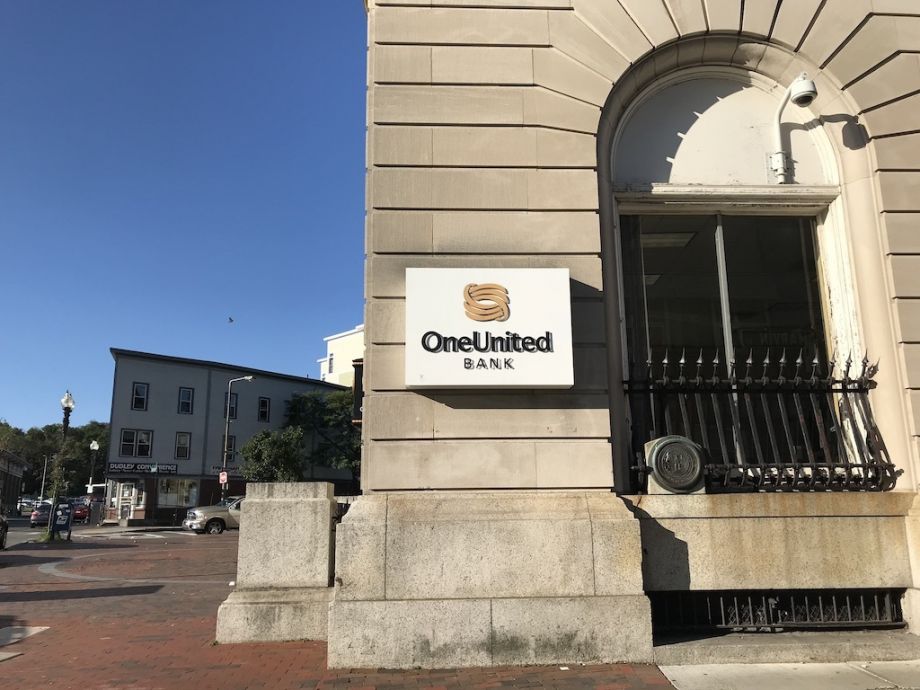
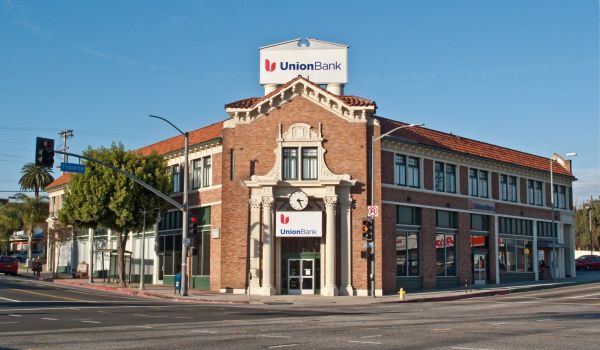
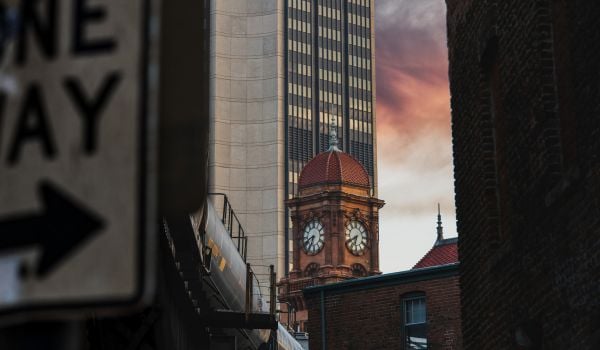
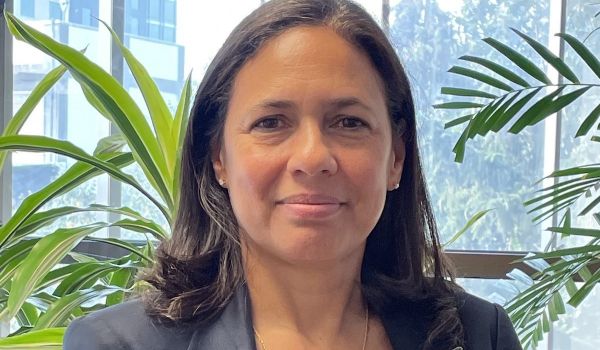
_600_350_80_s_c1.JPG)
